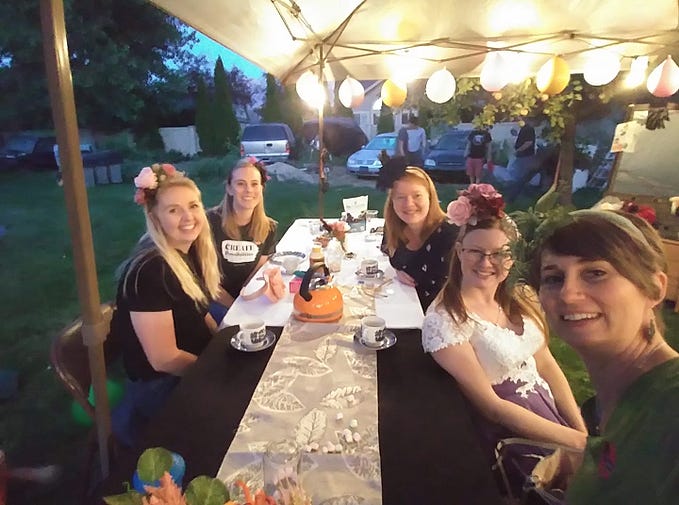Member-only story
Before You Speak, Consider This
Befriending the Dunning-Kruger Effect for Lifelong Learning

Imagine you confidentially arguing over a topic with friends or co-workers like a genius, only to find out half of your theories are completely wrong. You take the responsibility of a project that you felt really confident about, ace the proposal presentations only to find out you have to do lot more than you planned and your time estimations are completely off.
Welcome to the world of the Dunning-Kruger effect.
If you just look around us, people trap in situations like this all the time. All of us, including you and me, overestimate our abilities in certain areas.
But wait, there are two sides to this coin. In some situations, we underestimate our abilities. How many times you brilliant writers dismissed your talent as mere luck. This also is a part of the same effect.
The Study
Back in 1999, two psychologists David Dunning and Justin Kruger discovered this phenomenon that leads to this particular effect.
For the study they gave the participants various tests to access their abilities in three areas: humor, logical reasoning and grammar; and asked to self-access how they performed in the test compared to the others in the study.
Based on the test results and what they believed, Dunning and Kruger made an interesting discovery of a cognitive bias,
People who are less knowledgeable or experienced in an area tend to believe that they are much more competent in that area than they actually are, and those who are experienced and knowledgeable in an area tend to underestimate or doubt their abilities.

These cognitive biases are the Dunning-Kruger effect.
Above graph shows another interesting fact. Majority stays at the area of overconfidence. There are many studies proving this as well.
- A study found that 80% of American drivers considered themselves as expert drivers. Despite this, there are…










